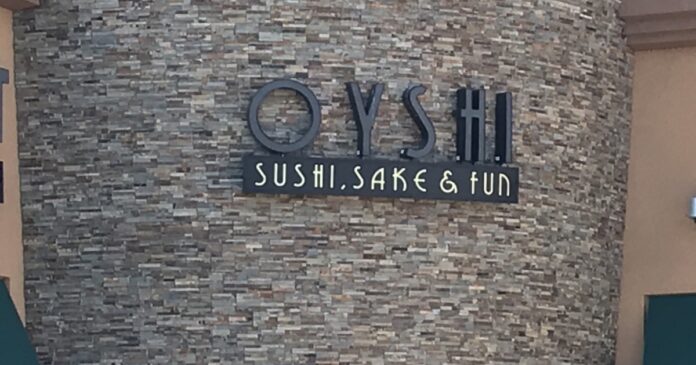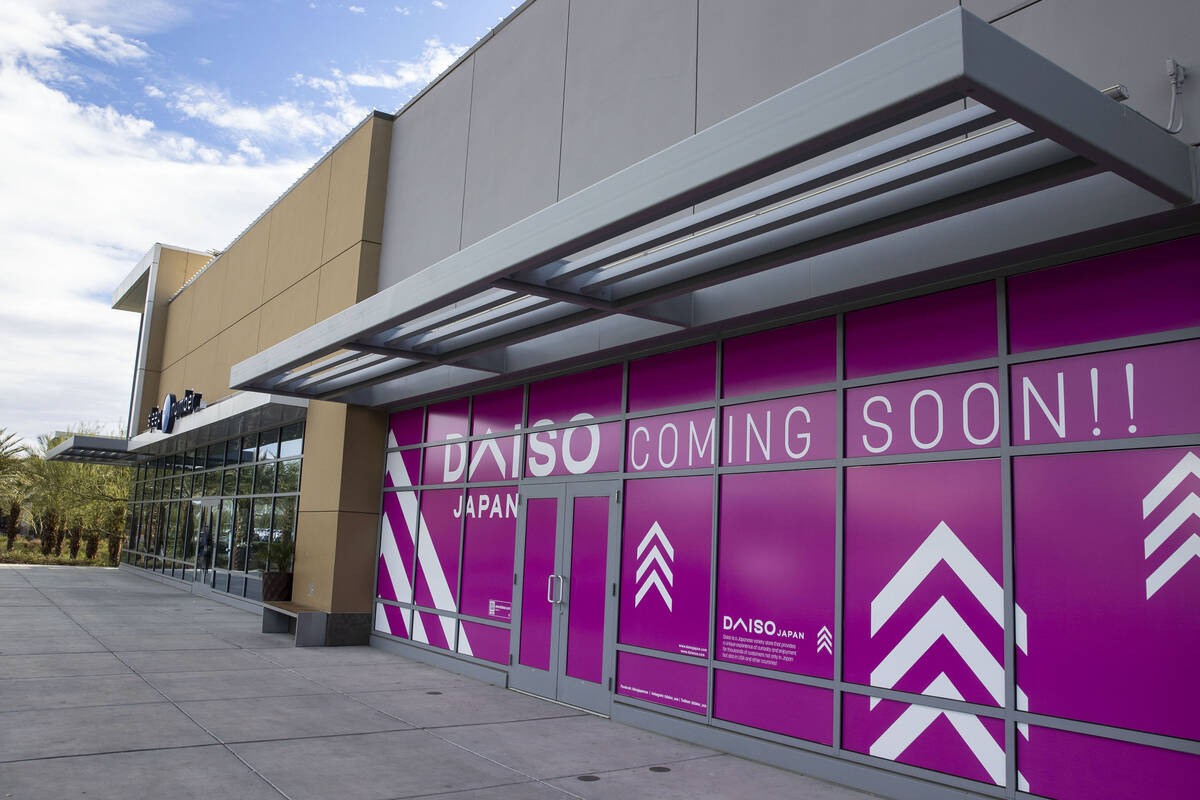Las Vegas (KTNV) – Delicious sushi on Sahara Avenue and Tenaya Way was busy walking but staff couldn’t keep up.
“You had one [server] 2 hours on the floor there. So it took me an hour to get the part! “
Shortly thereafter, a group of people waiting to be seated for lunch realized why 13 investigators were there and began discussing whether it was safe.
On June 28th, Oishi regained the grade “A”. The sushi bar was closed for four days after being attacked by a health district with 47 underprivileged people.
“I used to work in the kitchen industry, which worries me,” said a customer waiting to be seated.
The 47 cons are cautious enough for inspectors to close the sushi bar on the cons alone. However, it also caused an immediate health hazard due to the lack of hot water.
The long wait to sit down gave a different group of customers time to think about everything.
“The disadvantages should be zero,” said one of them. They all agreed to eat away from other places.
“Basically the hot water didn’t work that day,” said manager Michael Yun.
It explains the imminent health hazard, but no further violations.
A grocer wiped the cutting board and hands with a dirty towel.
Another touched his smartwatch and then continued making the customer’s sushi rolls.
“There were also employees who used cell phones, especially smartwatches, that were COVID-compliant,” Yoon said. “So we had this problem.”
Oyshi also had issues with unsafe food temperatures, uncovered food in the sushi case under the condenser line, and uncovered scallops on the dressing table under the dirty fan.
In the sushi case, the raw beef was right on top of the raw fish.
The washed and cut products stood on the dirty shelves of the dressing table.
The two containers of cookware were kept in dirty lukewarm water.
And the algae paper was kept in a dirty container that was heavily soiled with old food and grease.
“I noticed one thing,” said 13 lead researcher Darcy Spears. “Grocers with greasy gloves started picking up indistinguishable black particles from rice after touching handles, dirty equipment, and other surfaces.”
“I didn’t know,” Yun replied. “What they are [inspectors] See, they saw that. And we made a mistake, we are ready to fix it, we will fix it and do everything right. “
The inspectors also noticed heavily soiled hand basins, numerous flies getting on and off the sushi bar, dirty greasy equipment, surfaces and cutting boards.
“These problems only occurred that day,” said Yun. “There used to be nothing. I think the cook and everyone were lazy that day. “
Health law violations indicate a much bigger problem than a day.
The interior, exterior, and handles of the appliances, as well as cabinets, shelves, walls, and floors were sticky and heavily soiled with dust and old food.
The sink on the floor was dirty and clogged, and the entrance to the sushi place had a pungent smell.
The inspector made precise notes of the chef’s failure to separate cookware, cutting board and ready-to-eat sushi preparation areas from the ready-to-eat sushi rolls. This is important to prevent cross-contamination.
“I retrained the waiter, all the cooks and the bass players. I retrained for four days so I’m fine now, ”Yun said, adding that it was closed for four days on a busy weekend. It hit Oyshi’s income.
“It was a great success for us because there is money for most restaurants. So we learned our lessons. We’ve definitely learned our lessons.
********************
Faro, a repeat offender of dirty food on Decaturable Bird and Twain Avenue, was closed on June 22nd with 50 penalties.
Hwaro used the front counter as an illegal buffet with many dishes at dangerous temperatures.
Items in the cooler have been exposed and may be contaminated.
The ice machine was moldy, the system had flies and the heavily soiled slicers and rice cookers were kept clean.
Four boxes of raw brisket that had been left on the floor for about 12 hours to thaw had to be thrown away. It’s a significant waste of beef at a time when most restaurants can barely afford to lose inventory when meat prices rise.
Faro also had overly dirty scoops that came into contact with dry food and overly old, dirty equipment, bin lids and walls.
The restaurant was closed “due to some uncontrollable risk factors for food poisoning” but returned to an “A” rating on June 30th with three drawbacks.
There was no comment from the owner.
********************
The final shutdown took place at the recurring criminal JJ Noodle Cafe on the streets of Spring Mountain and Lindel.
It was closed on June 25th due to a failed retest of the previous grade “C”.
Repeated violations have included throwing away beef that has been improperly refrigerated at unsafe temperatures.
All radiator door handles were too dirty, which could lead to mutual soiling.
Several dirty bowls were placed in a clean storage area, and the tempura cupboard and floor behind the appliances were heavily soiled with grease and old food.
JJ owner Judyyan attended an oversight meeting with the health district on June 10, but still failed to re-examine. That means it had to remain closed until a food safety advisor was hired and staff trained.
Yang declined to comment through the food safety advisor.
JJ Noodle Cafe reopened on June 30th with an “A” rating with no drawbacks.
click here View the Hwaro health report.
click here View the health report of the Oyshi Sushi-Sushi Bar.
Click here to view the JJ Cafe Health Report.












